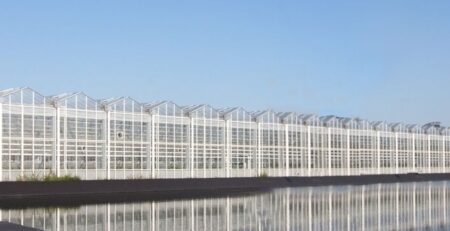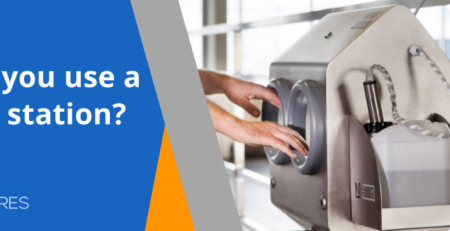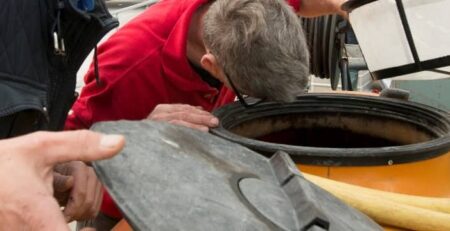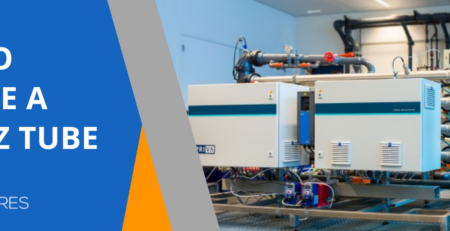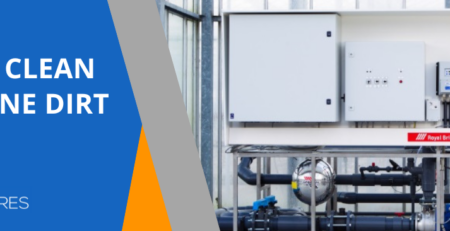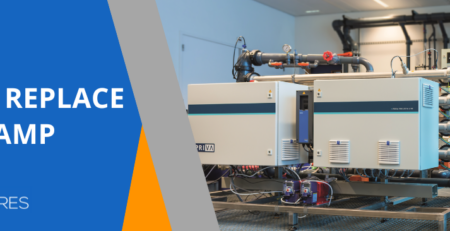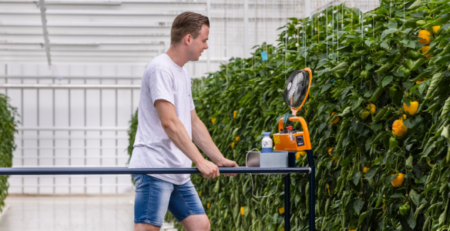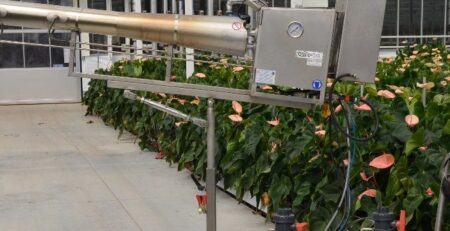Tips for maintenance of horticultural machinery
In horticulture a lot of machines are used that have an important function. In order to keep the life of the machines as long as possible, maintenance is essential. Also the preventive maintenance of machines should not be underestimated.
In this article we cover the following topics:
- Why is machine maintenance important?
- 5 reasons to do preventive maintenance
- 7 tips for horticultural machinery maintenance
- Setting up an inspection schedule
Why is machine maintenance important?
Machines are an important part to run your greenhouse efficiently with the best possible harvest as goal. If you do not check these machines regularly, chances are very high, that:
- Malfunctions occur
- Parts break down
- The machine overheats, resulting in fire
- The machines break down
In addition, you see that insurance companies are paying increasingly strict attention to the regular performance of maintenance tasks. If this does not happen, there is a chance that your insurance will not cover everything when a machine breaks down.
5 reasons to do preventive maintenance
Preventive maintenance of your horticultural equipment is important. We pointed out the five most important reasons for preventive maintenance:
- Lower costs – By doing preventive maintenance, you make sure that small defects and defects are solved in time. The costs for this maintenance are relatively low. By doing this, you reduce the chance that machines will have major faults and the costs will increase significantly.
- Safety – Not unimportant: by regularly checking machines, you prevent accidents on the work floor. So you also increase the safety of your employees by simply doing maintenance.
- Extending the lifetime – the purchase of a machine is often expensive. That’s why you want a machine to last as long as possible. This is only possible if you maintain the machines properly.
- Short downtime – Preventive maintenance takes much less time than a large service. This means that a machine will also stand still for a shorter period of time. Therefore, plan maintenance smartly at times when the machines are hardly used.
- Reliability – If you do not do maintenance for a long period of time, there is a chance that the accuracy of measuring equipment will decrease.
7 tips for horticultural machinery maintenance
To help you on your way, we give you 7 tips to keep your machines in good condition:
- View the manual
Always refer to the instruction manual of the relevant machine first. It contains many important information, including how the machine works. In order to prevent accidents, it is therefore important to read the manual carefully before you start. - Use your ears and eyes
It can happen that a machine suddenly makes a strange sound. It is important to listen carefully to where the sound is coming from. Also take a good look if you see strange things. Think about parts that don’t seem to be stuck properly. - Do not wait with small maintenance
As we mentioned above, small (preventive) maintenance is important. You don’t want smaller repairs to become big problems. And don’t forget the high costs. By carrying out small repairs immediately, you also extend the lifetime of the machine. - Replenish fluids on time
Almost all machines are powered by a engine and have a battery. In order to keep the engine and battery running, the oil level must be in the correct order. So check regularly whether you need to refill with oil or other fluids. - Use protective clothing
When you work with machines, it is essential to protect yourself from unexpected elements. Batteries, for example, contain corrosive acid that you absolutely don’t want to get on your skin. Make sure you always wear the right protective clothing. - Take your time
When maintaining motor driven or electrically driven machines, it is important to work calmly and take your time. This prevents accidents. - Make sure you are well prepared
Finally, it’s always good to prepare yourself well before you start maintaining or repairing a machine. In this way, you can often save time and money and ensure that your workplace is as safe as possible.
Setting up an inspection schedule
As we have already mentioned, the regular inspection of machines is very important to keep everything running and save costs. By identifying defects in time, you can prevent major problems. Do you find it difficult to get a structure in here? We are happy to help you set up a control schedule for checking machines using the following 6 steps:
- Make an overview of all machines in the company that are actually running. And put it in order of importance. This way you can be sure that you are not forgetting any machines.
- Make clear which defects can occur on which machine. Also indicate the most common reasons for these defects.
- Decide what each machine should be checked for. The best way to do this is to draw up a list with all the points. This way you can easily tick off the things that have been checked.
- Write down who is responsible for the maintenance of each machine. By always having the machines checked by the same mechanics, you make sure that they get to know the machines better and become more and more familiar with possible malfunctions.
- Now make sure that all the above points come together in a clear planning. Also indicate how much time the machines should be checked. Is this every month or once every six months?
- Is the control schedule complete? Then have it checked by one or more colleagues to make sure you haven’t missed anything.
Do you have questions about horticultural machinery maintenance?
If you want to request a quote or if you ‘re having trouble with setting up an inspection schedule please fill in the form.



